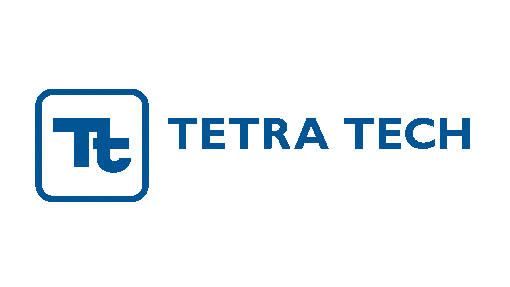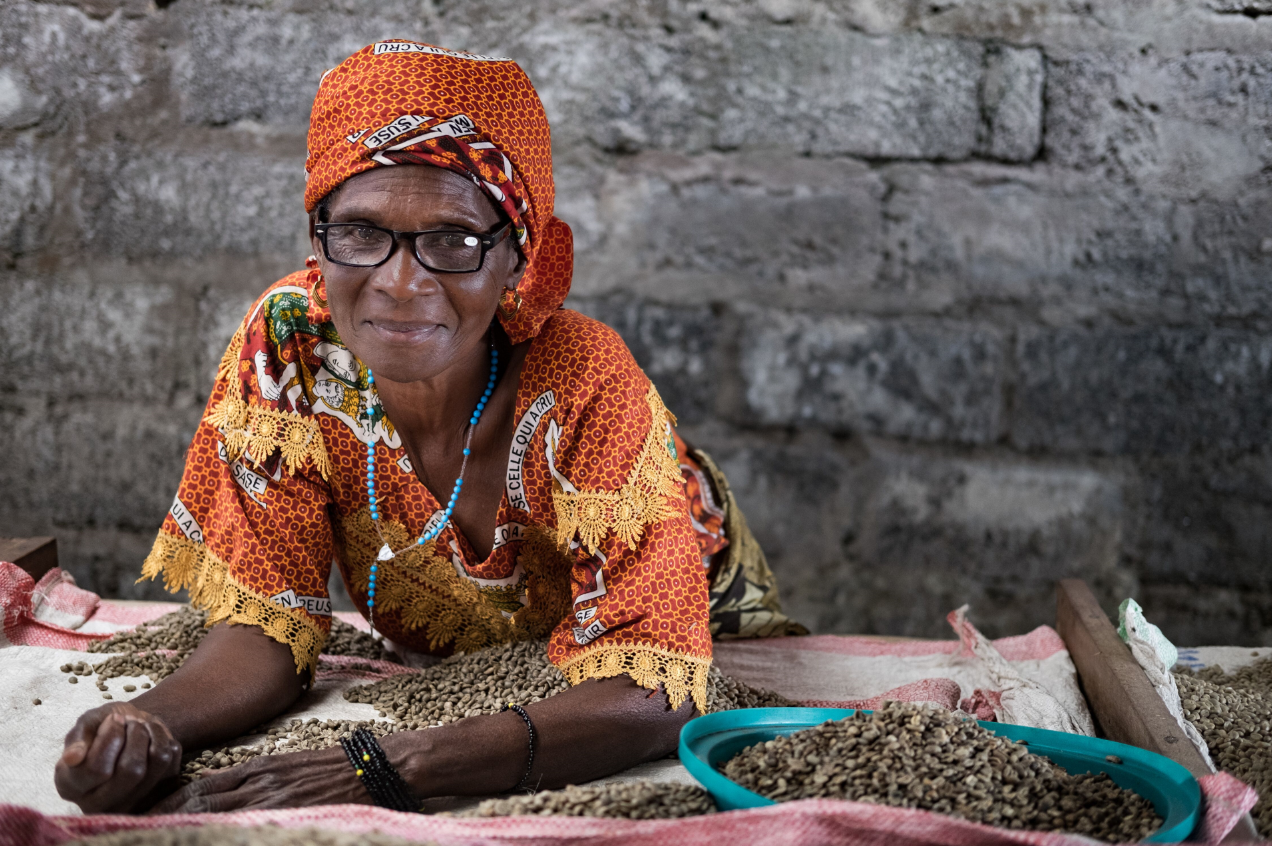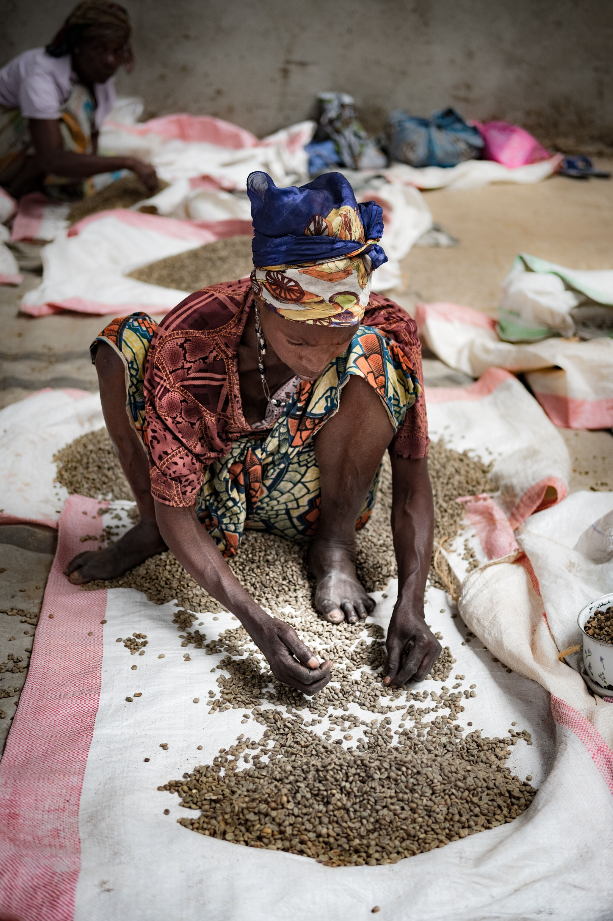
Rebuilding the Supply Chain: Helping Coffee Growers in the DRC Access International Markets
By Tetra Tech| September 19, 2019


Female farmers showcase their coffee at a local market in the DRC. Photos courtesy of https://lucyobryan.org/
The specialty coffee industry is worth about $10 billion per year globally, with the average American spending $1,110 on coffee every year. For coffee farmers in the South Kivu region of the Democratic Republic of Congo (DRC), this represents a unique opportunity to tap into a growing global market, as the country’s coffee sector rebounds after years of conflict.
On behalf of the US Agency for International Development (USAID), Tetra Tech is implementing the five-year Strengthening Value Chains Activity (SVC) in three territories of South Kivu, working with thousands of coffee farmers in Eastern DRC to increase household incomes by linking small-holder farmers to strengthened value chains and supportive market services. The activity is focused on rebuilding the specialty coffee sector in the DRC by engaging farmers and suppliers across the value chain, with a particular focus on opportunities for women and youth to engage in and benefit from the coffee value chain. Over half of all coffee farmers in DRC are women, and coffee revenues support school fees for youth to attend school and employ young adults in the seasonal coffee trade.
“Congo really is one of the last untapped countries in the world for high-quality arabica that we know of," said Kyle Tush, a specialist at Counter Culture Coffee in a recent blog post. "I hope we are nearing a tipping point... [where] coffee from the DRC will become more widely recognized as among the best coming out of Central Africa.”
To strengthen market linkages, Tetra Tech organized a delegation at this year’s Specialty Coffee Association conference in Boston, one of the world’s premier specialty coffee events which brings together thousands of private sector companies from across the coffee value chain, from producers to baristas. Historically, the conference has seen little presence from the DRC, where a once-thriving coffee industry has suffered from years of neglect.
Despite an uncertain political environment, threats from global climate change, Ebola outbreaks and land tenure challenges, Congolese farmers have consistently produced high-quality coffee.
With support from USAID and the private sector, Congolese coffee has gained a foothold in the American market. In 2014, Starbucks launched its first single-origin specialty coffee from South Kivu in 1,500 stores across North America. World Coffee Research, a network of 80 private sector coffee actors, works with local partners to identify new coffee varieties adapted to Congo’s changing climate.
As part of their efforts to strengthen market linkages, USAID’s SVC project promotes inclusive economic development by enhancing access to commercial finance and showcasing Congolese coffee as an exciting new origin. Tetra Tech is providing technical assistance to execute Development Credit Authority agreements, assisting local banks to disburse loans to hundreds of micro, small and medium sized enterprises and cooperatives, and mobilizing private sector investment in the agriculture sector.
In collaboration with Higher Grounds Trading Company based in Traverse City, Michigan, the project also supports Saveur de Kivu, a specialty coffee cupping competition and annual meeting for representatives throughout the international supply chain. The event brings buyers, roasters, and traders from all over the world to Eastern Congo to taste some of the world’s finest Arabica coffee.
But in coffee, like in any business, there is nothing quite as effective as traveling to meet your customers face-to-face—hence the trip to Boston.
“This trip [helped me] understand the business of coffee and the importance to improve quality to have good market penetration,” said Marcelline Budza, head of Rebuild Women’s Hope—a cooperative of 2,200 members, half of which are women. “The Congo is often forgotten in the specialty market. I am very happy to be here, working to raise our profile in the international marketplace.”
Following the conference, Tetra Tech facilitated a study tour of Vermont’s thriving specialty coffee industry, connecting representatives of the Congolese coffee sector with potential buyers and roasters and enabling them to learn more about the science and art of specialty coffee.
“The buyers here in Boston are ready to buy our quality coffee," said Gilbert Makelele, the CEO of the CPNCK Coffee Cooperative. "And I say to them, when you buy our coffee, you can be sure you are supporting peace in the Congo.”
Learn more about Tetra Tech’s agriculture, food security, and economic growth work.